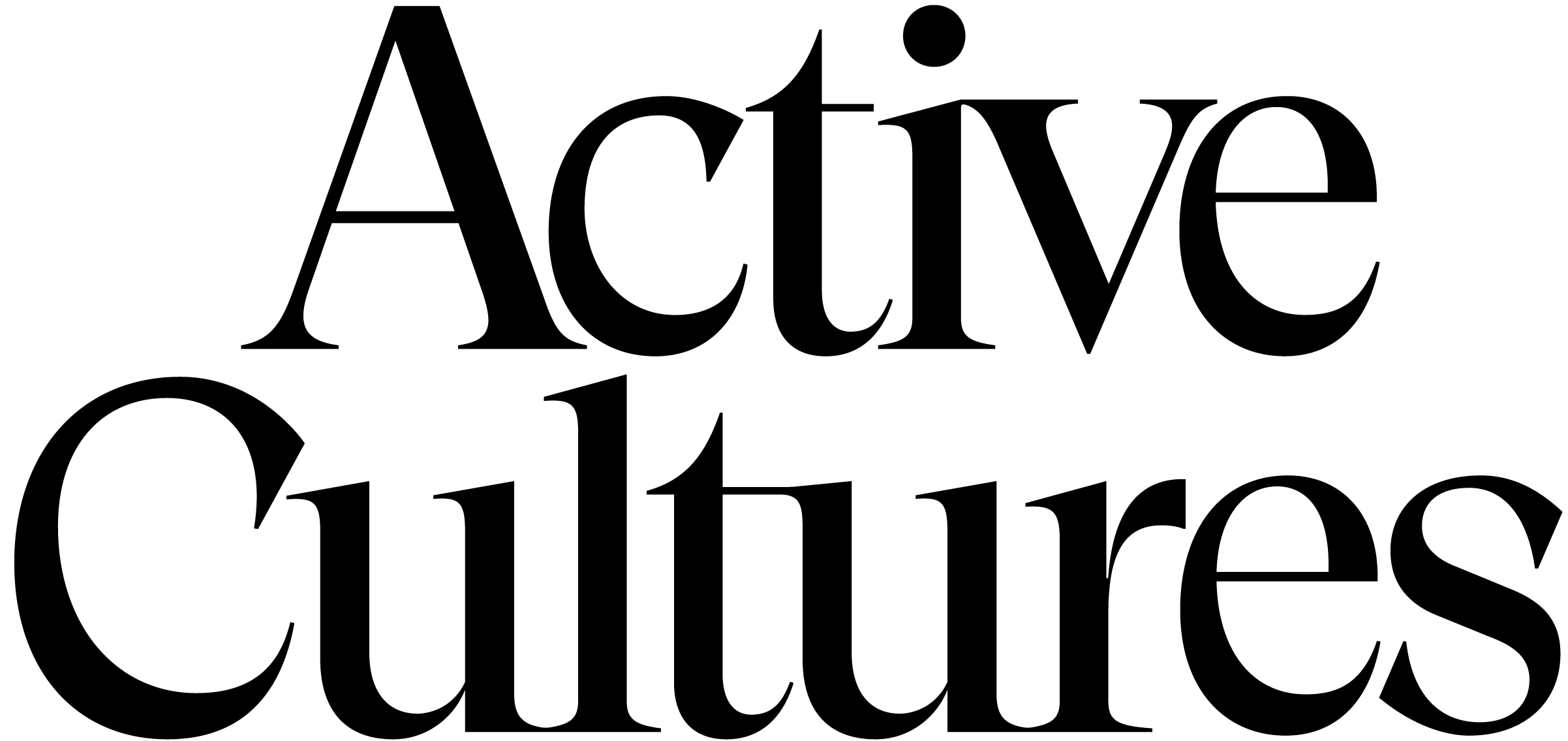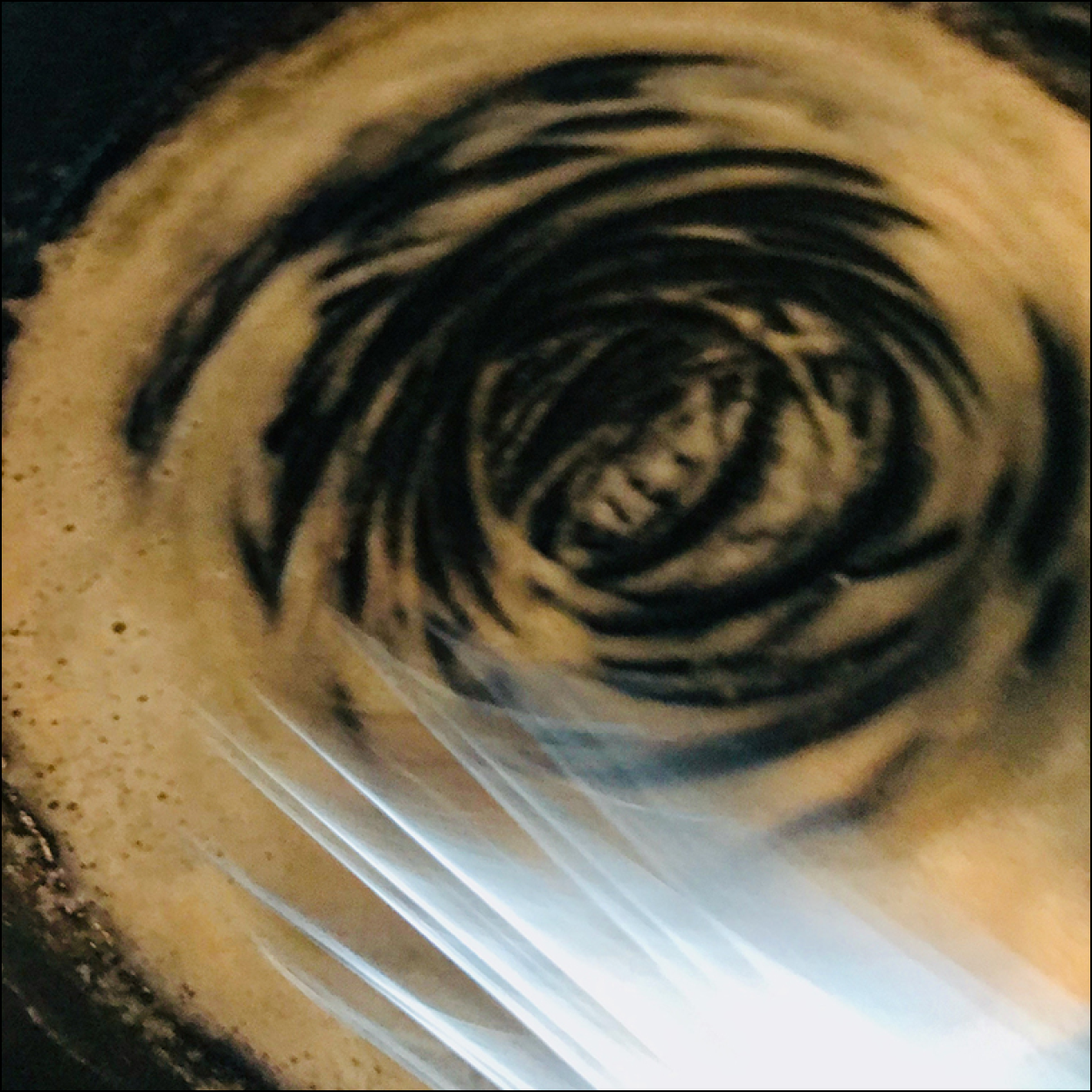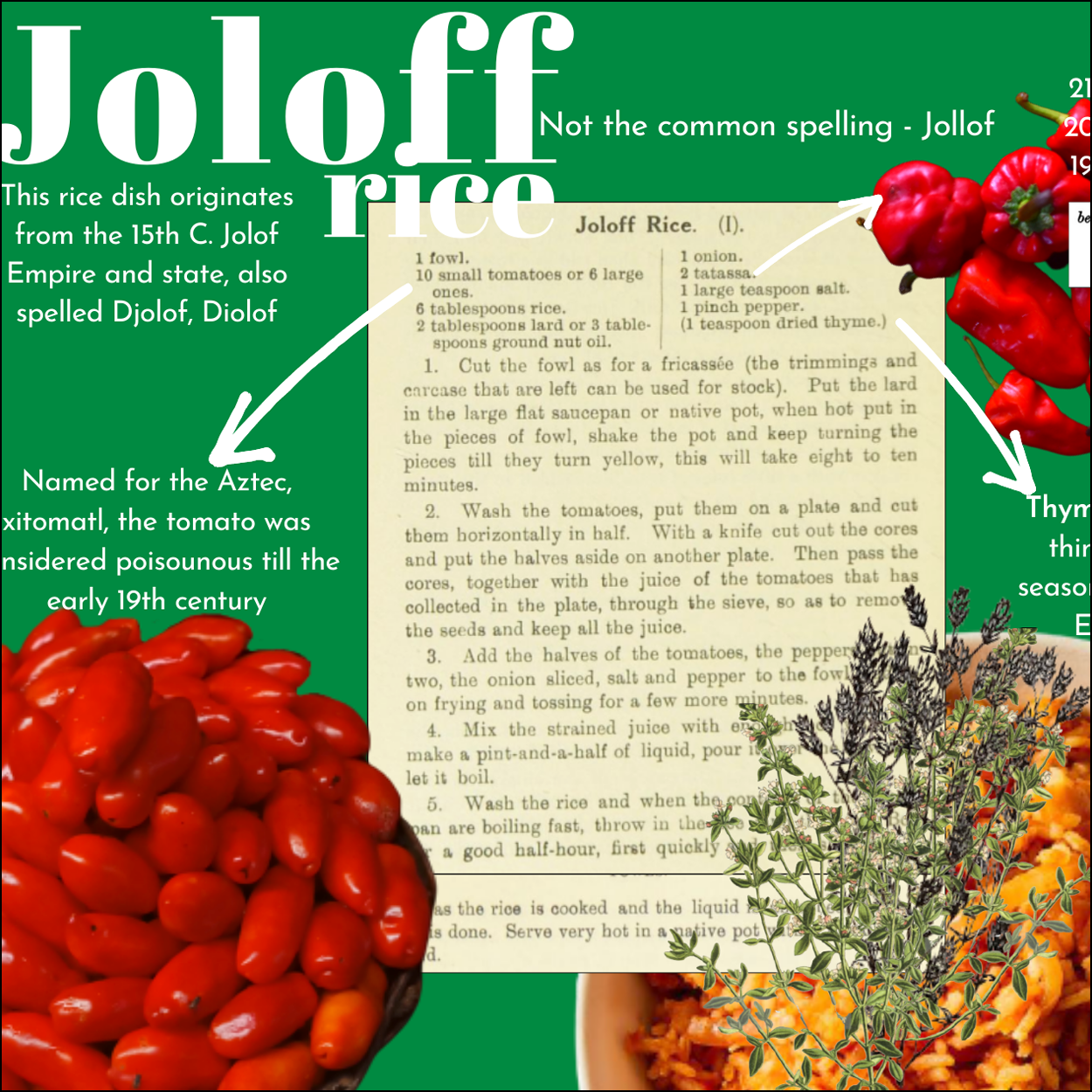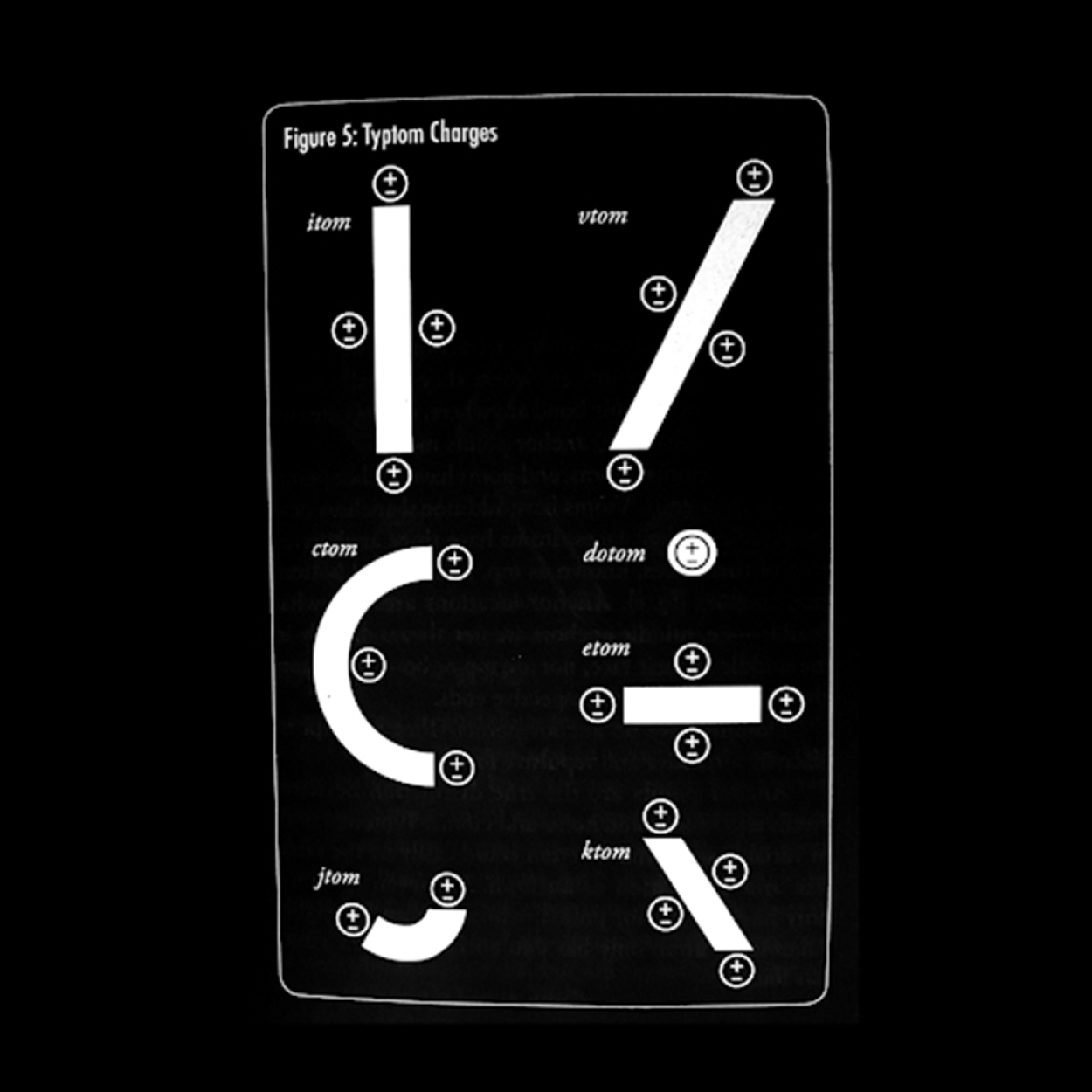April 2021
![]()
ISSUE 09
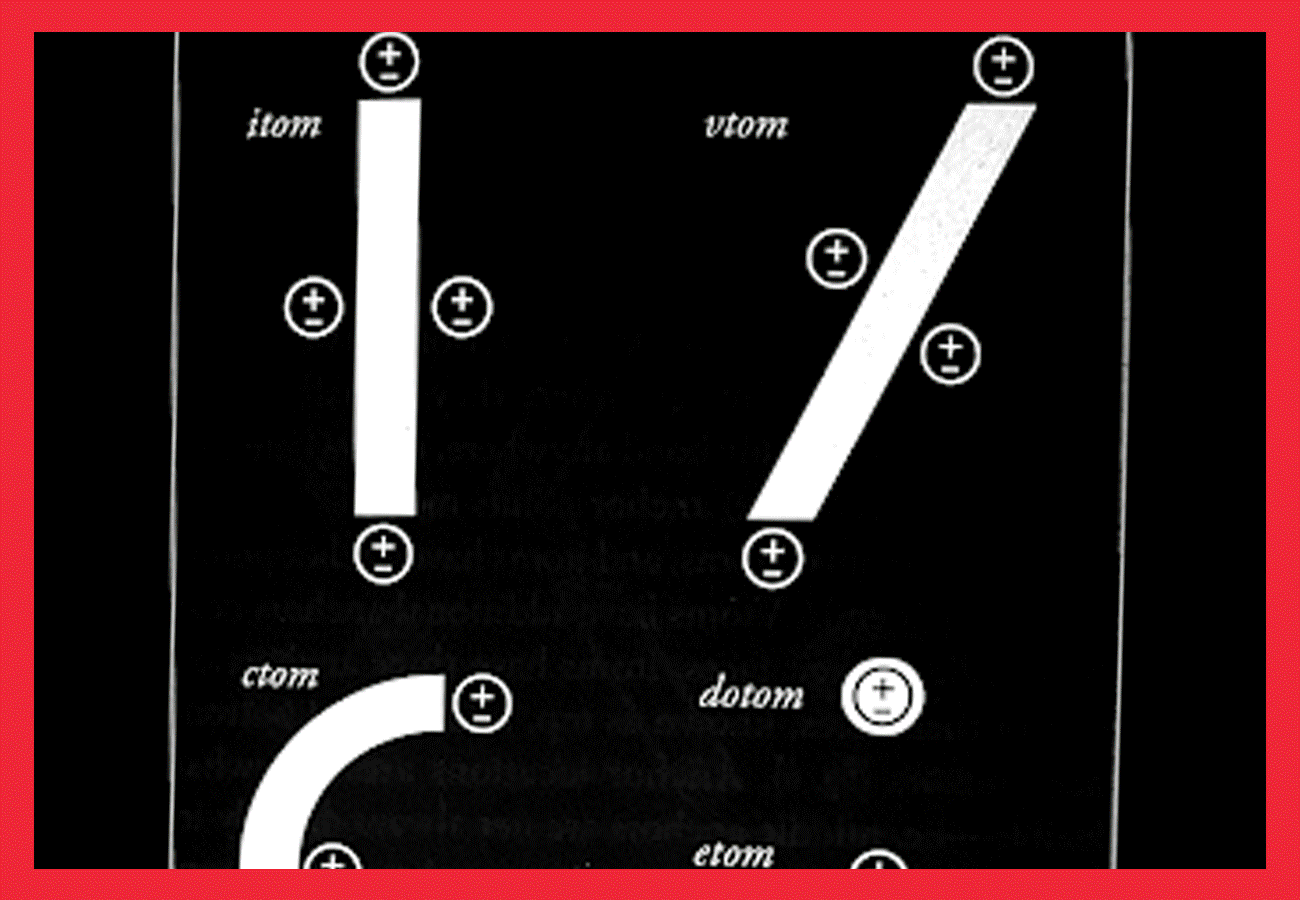
From the editor
Andrea Gyorody
As I worked with the Active Cultures team to finalize this issue, which is all about the entanglements of food and text, I was reminded of a project I especially loved from the 57th Carnegie International in 2018. Artists Lenka Clayton and Jon Rubin had found records at the Carnegie containing information about 10,632 rejected artworks from the early years of the International, which had once been an open competition. No images of the works remained, only basic data—artist's name, title, year. The titles were spare and evocative, all the more so when assembled into an absurdly long alphabetized list filled with repetitions and small amusements, such as Fruit and Other Things (the eventual title of the project), which set the imagination to work. The list alone, reproduced in a take-away booklet, was a poetic gesture of recovery, but Clayton and Rubin took it a step further: they contracted teams of calligraphers to work in the gallery for the run of the show, painting titles from the list, one by one, onto sheets of heavy paper, restoring not just the missing, rejected originals, but also a sense of the unappreciated labor that had produced them. They displayed the resulting text paintings briefly, then gave them to visitors for free. (I snagged one that says, cryptically: "A Musician.")
Fruit and Other Things played with historical erasure by supplanting image with text and simultaneously transmuting text into image. Where the original works articulated shape and form through color, line, and fracture, their text-based simulacra offer merely a suggestion of subject matter, demanding that we fill in the rest.
Text as a prompt to dream, imagine, transport ourselves back in time—that's exactly the terrain explored in Ozoz Sokoh's essay for Digest, on her evolving internet archive Feast Afrique. Sokoh writes about a particularly problematic colonial book in the collection, and how its recipe for Jollof rice, one of the earliest she's found, invites us not only to prepare this confounding version of a dish central to the West African diaspora, but also to consider how recipes reflect their (sometimes very ugly) historical circumstances, in ways that are impossible to reconcile.
Gabrielle Davenport, co-owner (with her sister Danielle) of the bookstore BEM | books & more, also writes in the context of the African diaspora, exploring her relationship to Ntozake Shange's 1998 memoir-cookbook if i can cook/you know god can. Davenport, like Shange, touches on spirituality and metaphysics—subjects taken head on by artist Kameelah Janan Rasheed, who generously shares her ongoing research on faith and ingestion across time, continents, and traditions. Rasheed's expansive writing demonstrates the ability of text to conjure what has been forgotten or left unknown, or even to become, alchemically, the very thing that it describes, much like the roux that jumps off the virtual page of Davenport's essay, tickling my nose and making my mouth water.
—Andrea Gyorody
Fruit and Other Things played with historical erasure by supplanting image with text and simultaneously transmuting text into image. Where the original works articulated shape and form through color, line, and fracture, their text-based simulacra offer merely a suggestion of subject matter, demanding that we fill in the rest.
Text as a prompt to dream, imagine, transport ourselves back in time—that's exactly the terrain explored in Ozoz Sokoh's essay for Digest, on her evolving internet archive Feast Afrique. Sokoh writes about a particularly problematic colonial book in the collection, and how its recipe for Jollof rice, one of the earliest she's found, invites us not only to prepare this confounding version of a dish central to the West African diaspora, but also to consider how recipes reflect their (sometimes very ugly) historical circumstances, in ways that are impossible to reconcile.
Gabrielle Davenport, co-owner (with her sister Danielle) of the bookstore BEM | books & more, also writes in the context of the African diaspora, exploring her relationship to Ntozake Shange's 1998 memoir-cookbook if i can cook/you know god can. Davenport, like Shange, touches on spirituality and metaphysics—subjects taken head on by artist Kameelah Janan Rasheed, who generously shares her ongoing research on faith and ingestion across time, continents, and traditions. Rasheed's expansive writing demonstrates the ability of text to conjure what has been forgotten or left unknown, or even to become, alchemically, the very thing that it describes, much like the roux that jumps off the virtual page of Davenport's essay, tickling my nose and making my mouth water.
—Andrea Gyorody
